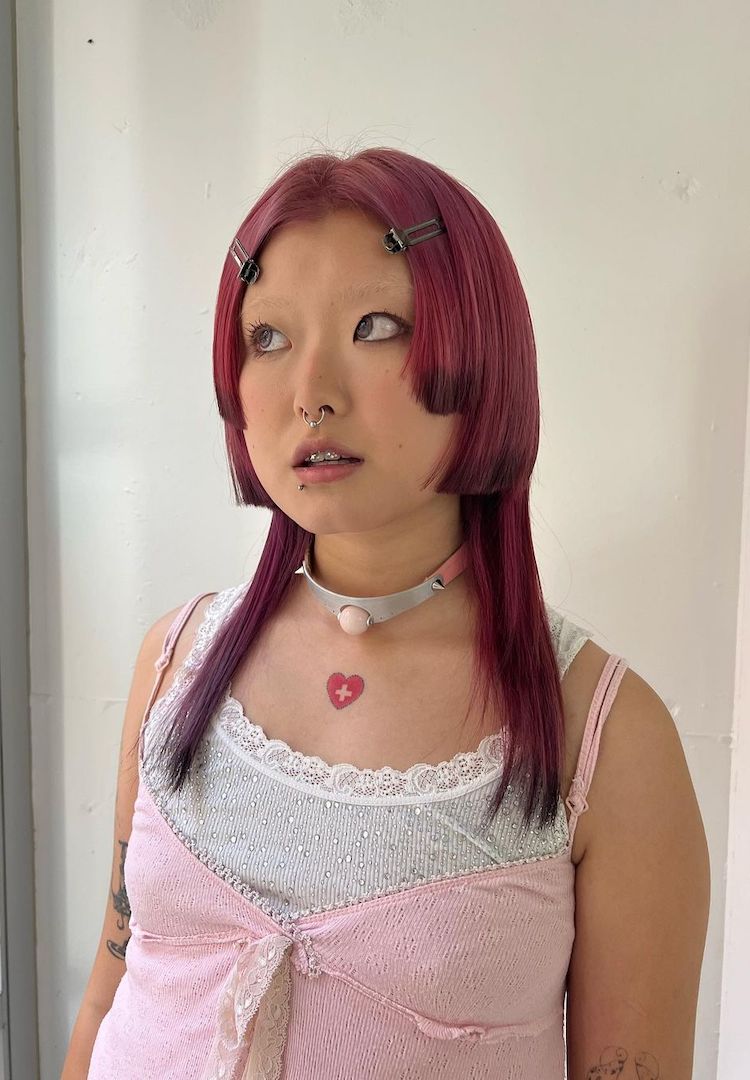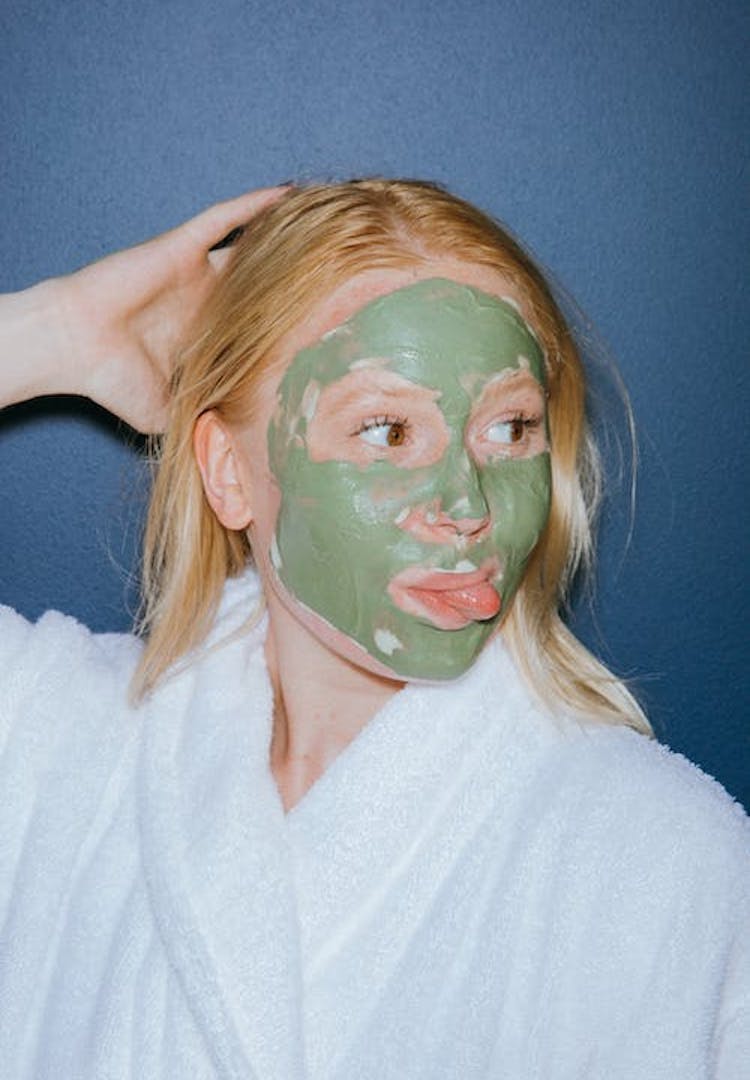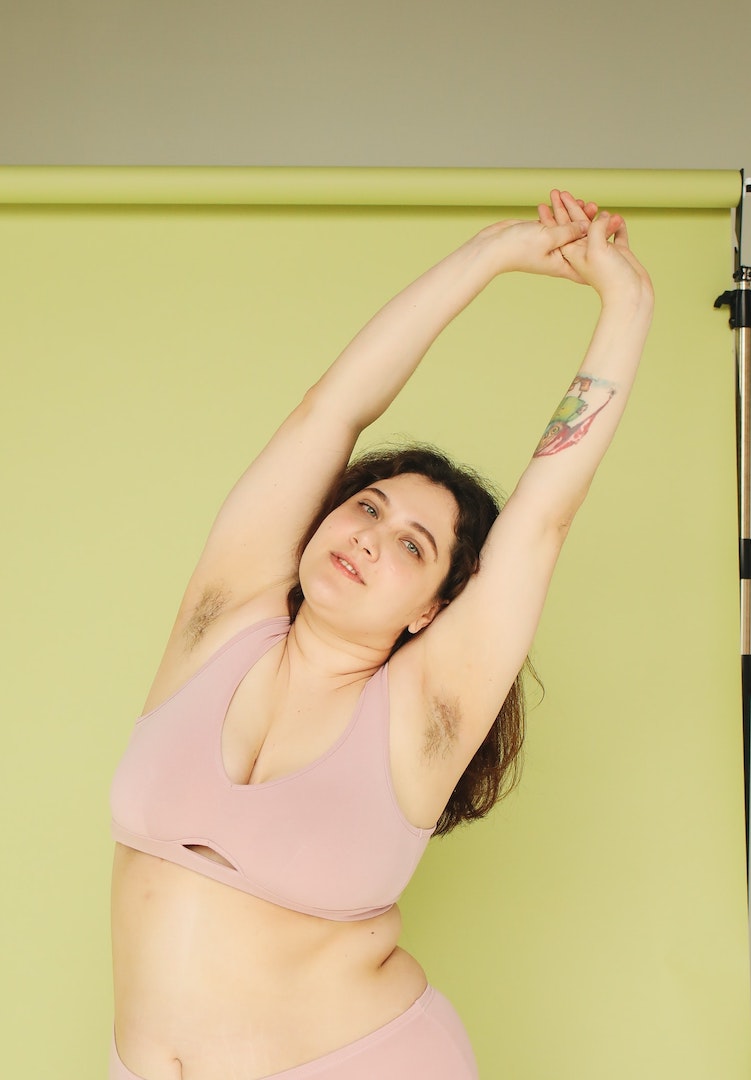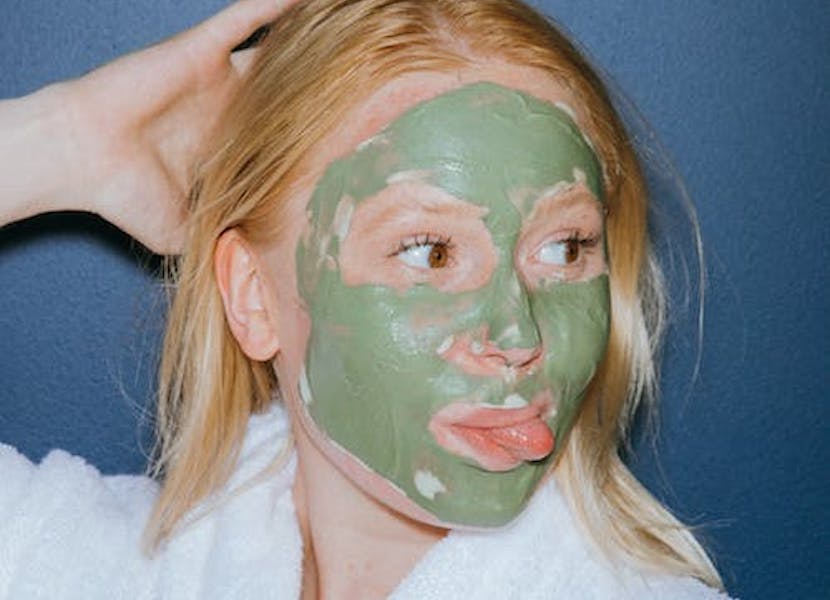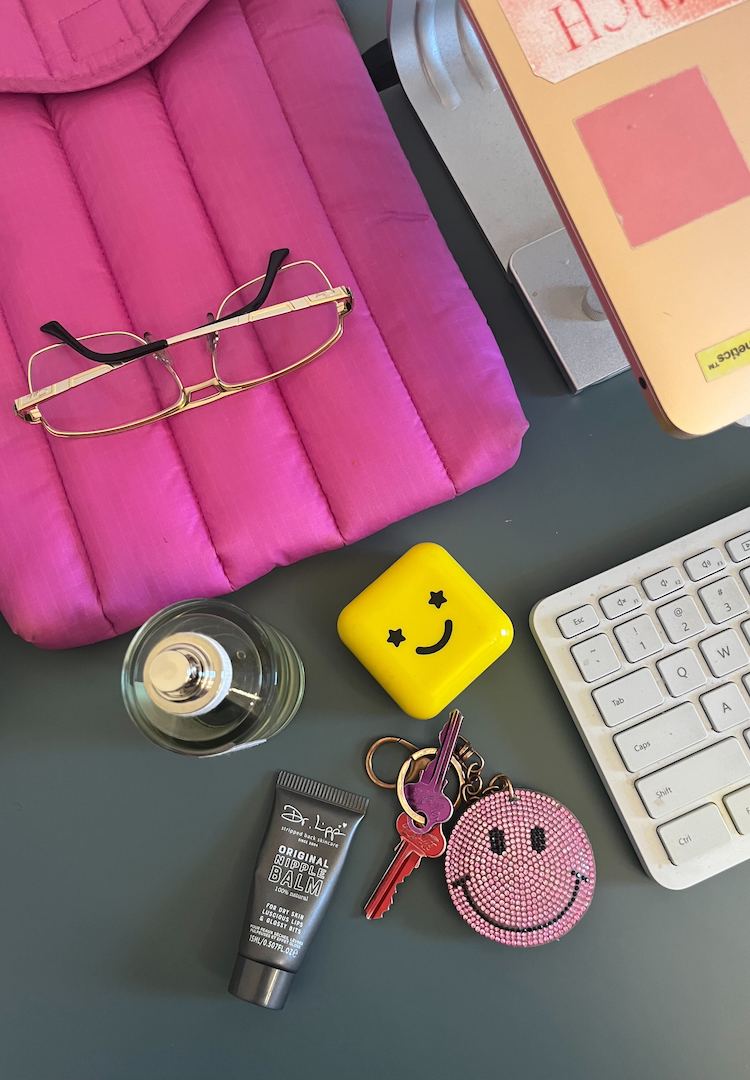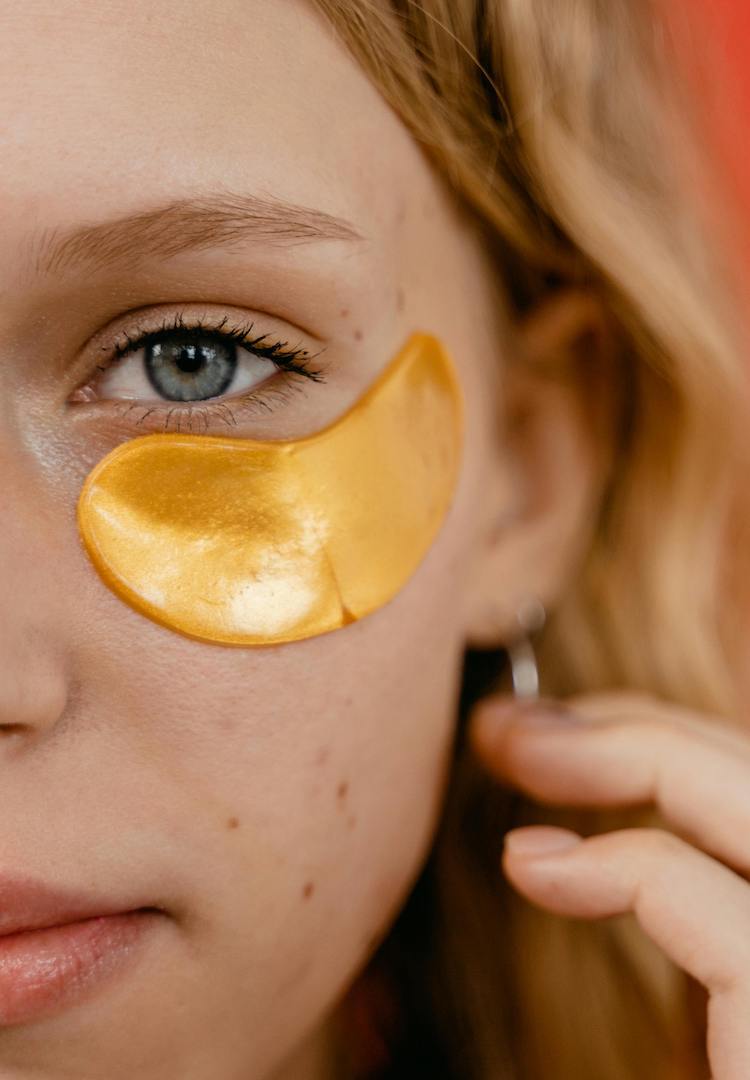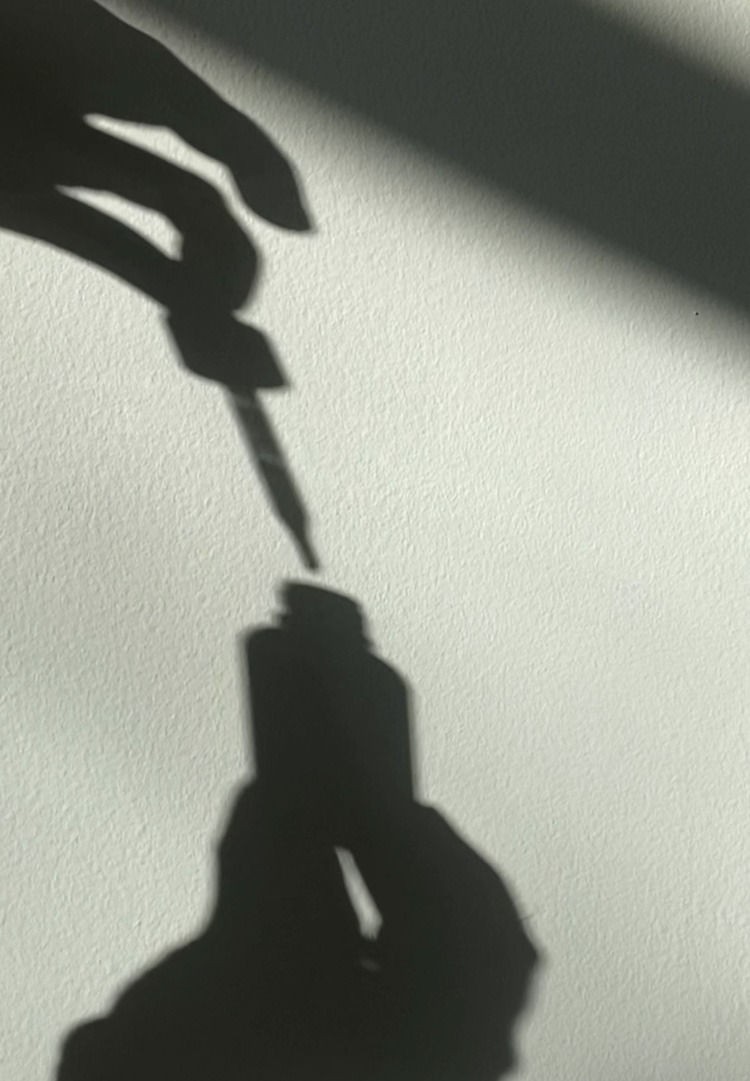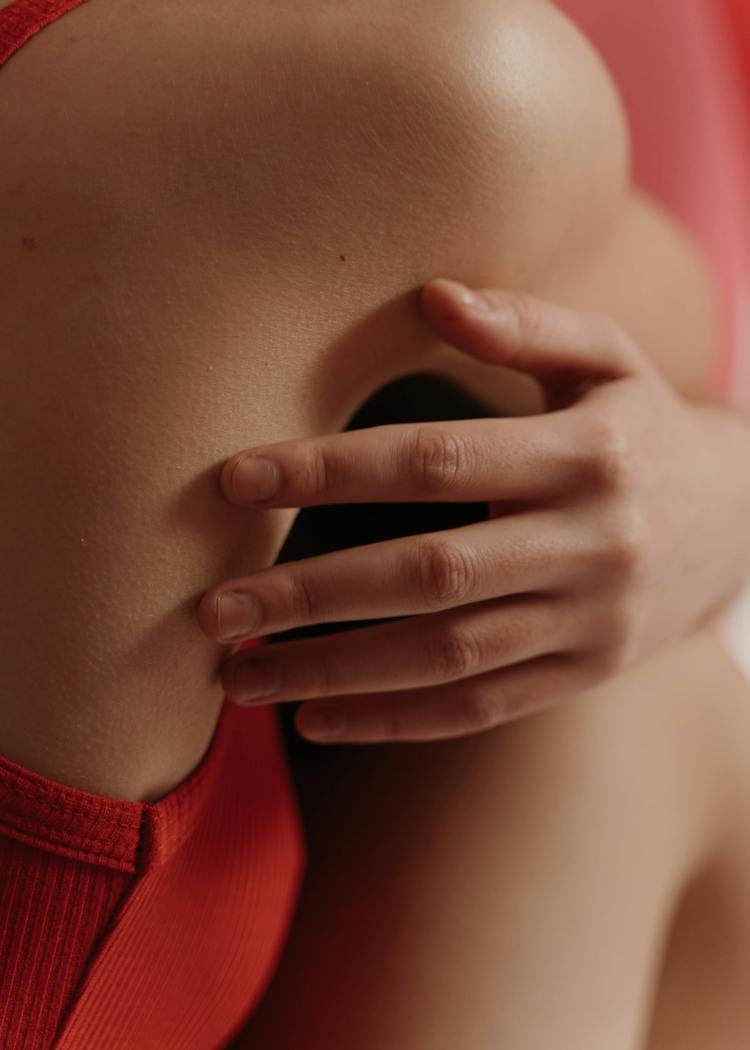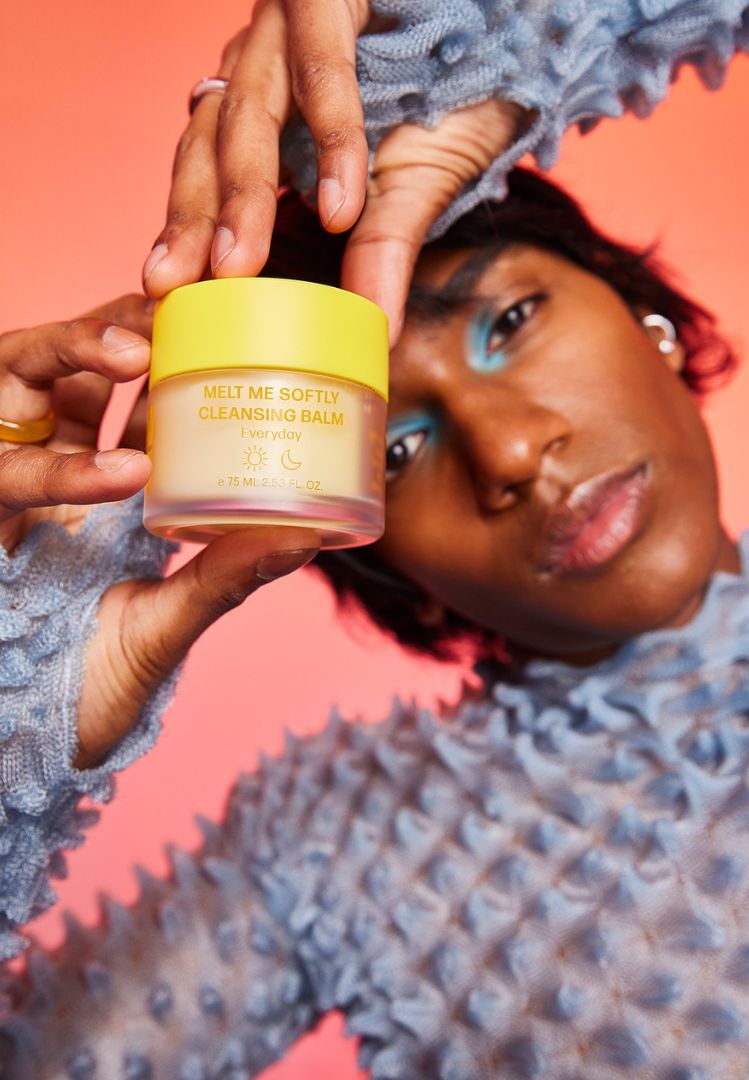The skincare products you don’t need, according to a dermatologist
WORDS BY CRYSTAL CHOO
Respectfully, please remove from cart.
There’s no shortage of skincare brands popping up every week to sell you the next ‘it’ product. But as we’re becoming more aware of the effects of overconsumption, it’s become clear that there’s no reason to be buying ten different products just to hydrate your skin.
Ideally, you should be formulating your skincare routine with only the essential products that are scientifically proven to work. But realistically, we know how easy it is to fall victim to a sleek marketing campaign and end up with a product that doesn’t actually do anything.
For more skincare tips, head to our Beauty section.
So, in the spirit of conscious beauty consumerism, I spoke to dermatologist Dr Ann-Maree Kurzydlo, a Fellow of the Australasian College of Dermatologists, about all the skincare products you don’t need. It’s time to click the ‘remove from cart’ button.
What you don’t need
Face oils
Face oils are a form of ‘emollient’, which means they work by locking in moisture to protect your skin from water loss. There’s a myriad of different synthetic and plant-based oils out there, each claiming to plump your skin and provide a fresh, dewy look.
While Dr Ann-Maree agrees that face oils make good emollients, she says if you’ve already got a functional moisturiser in your regular skincare rotation, you don’t need to use a face oil. “I think it’s overkill so it’s either one or the other,” she tells me.
In any case, some synthetic and mineral face oils may be comedogenic (which means they can clog your pores!). If you’re acne-prone or have rosacea, Dr Ann-Maree thinks it’s best to avoid them. “It’s going to worsen acne and for patients that have rosacea… they won’t do very well with the oils either.”
Sleeping masks
Sleeping masks are a K-beauty favourite. In the famed 10-step Korean skincare routine, this is the last product to be applied to your face, after a slathering of essences, serums and ampoules. It’s essentially a night cream formulated with a higher percentage of active ingredients to offer even more hydration.
But Dr Ann-Maree points out that products like sleeping masks tend to be gimmicky. “Patients like using them. I don’t discourage them. But are they doing them any great benefit? The answer is probably no,” she shares. Again, if you’ve got a trusty moisturiser, you don’t need a sleeping mask.
Pimple-drying lotions
Drying ‘lotions’ aren’t like your regular lotions which keep skin soft and hydrated, they’re an on-the-spot blemish treatment that works by drying out pimples, typically overnight. Despite their seemingly miraculous function, they aren’t the best for your skin. Many of these products contain alcohol and as the name suggests, they’re very drying.
Since acne is multifactorial, Dr Ann-Maree explains that “putting something drying on your skin isn’t going to fix all those issues. They tend to be quite irritating if anything”. She prefers to treat mild acne with washes containing salicylic acid. In more serious cases, she recommends going to your doctor for over-the-counter topical antibiotics or retinoids.
Cleansing devices
Cleansing devices from the likes of Clarisonic and Foreo have been a popular skincare tool for over a decade. With claims of skin rejuvenation through exfoliation and deep cleansing of pores, it isn’t surprising that people drop hundreds to add these devices to their skincare arsenal.
People often complain about their pores. But Dr Ann-Maree explains that the size of your pores is actually determined by genetics and the impact of sun exposure. Cleaning out the blackheads within your pores is redundant because they will eventually refill.
Similarly, with exfoliation, while your skin may immediately look better, it’ll return to its normal state within a week. “It isn’t a long-term fix,” Dr Ann-Maree says. In any case, your body turns over skin cells naturally.
“Pimples and acne are not dirty skin… people think they’ve got to start over-washing and doing all of that which is actually counterproductive,” she explains. Cleansing shouldn’t be complicated, just use your hands and gentle motions.
Facial rollers
Facial rollers have gained a huge following over the last few years. There are the basic rollers made from jade or rose quartz, gua shas, metal rollers, ice rollers – the list goes on. Each of them comes with varying assertions of aiding lymphatic drainage, reducing inflammation and even eliminating negative energy.
Dr Ann-Maree is sceptical and tells me the functionality of a roller extends only to giving a facial massage. “You could just massage your own face and get the same sort of reaction.”
There are also claims that certain minerals are better than others. For example, rose quartz allegedly is more effective than jade in tightening pores and sculpting the face. According to Dr Ann-Maree however, the type of mineral on your roller has little effect on your skin.
Collagen products
Collagen is a buzzword that gets thrown around a lot in skincare. Collagen itself is a type of protein that keeps your skin firm and plump. Over time as you age, collagen production slows and you’ll start to notice signs of ageing. Collagen-infused products often say they’ll fill in wrinkles and kickstart collagen production, but this isn’t true.
“[There’s] no scientific basis at all. Applying collagen to the skin is not going to improve your underlying development of collagen,” Dr Ann-Maree explains. Collagen molecules are actually too large to penetrate the skin’s top layer.
Instead, Dr Ann-Maree recommends using over-the-counter retinoids, which are proven to stimulate collagen production or if you’re willing to splurge, opting for Fraxel Laser treatment.
What you actually need
In terms of what should be mainstays in your skincare regimen, Dr Ann-Maree has three “absolutes”. A gentle soap-free wash, a moisturiser suitable for your skin type and sunscreen. You’ve heard it before, but SPF is truly paramount. “What causes us to look old [is] the sun, with ageing it’s 90 per cent sun exposure [and] 10 per cent genetics.”
There’s also no need to break the bank. Dr Ann-Maree recommends “the simple, cheap [products] that you can buy in a supermarket”. Despite appearances, the ingredient lists for cheaper products will often be similar to those in the higher-end range.
If you’ve got your own holy grail favourites, using them is completely fine, as long as they’re not irritating your skin. And finally, Dr Ann-Maree advises that it’s crucial to patch-test all new products before using them on your face.
For more on the skincare products you actually need, try this.

